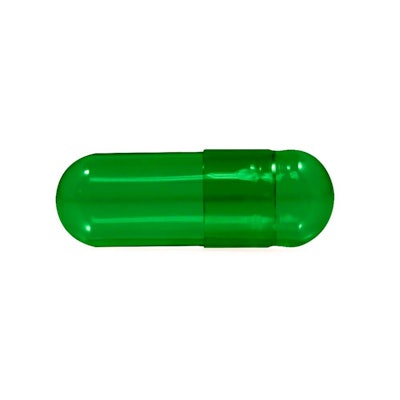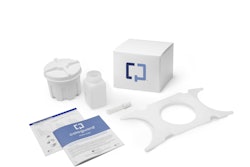For FDA-regulated drugs, dosage is established and confirmed with robust data, and indications are designed to make dosage as clear as possible for patients and healthcare providers. But for cannabis products, patients may struggle with ensuring that they consume the proper dose.
At least some confusion stems from the different forms that medical cannabis product take—including traditional dried flower buds, oils, extracts and edibles— and the different ways they are consumed. Delivery mechanisms include smoking, vaporization and inhalation, eating, or sublingual or topical application.
Particularly with edibles, strength can vary widely from batch to batch, and inaccuracy in labeling can result in over- or under-dosing. In fact, a recent study reported in the Journal of the American Medical Association (JAMA) found that 83% of the edible products they purchased in Seattle, LA and San Francisco were either over- or under-labeled. While this study only looked at three cities, the results suggest that the actual strength of an edible product may not be consistent with its label.
“Let’s look at this from the patient’s perspective,” says Jonathan Gilinski, Founder and CEO of The Capsule Consulting Group. “Being new to cannabis you choose a smokeless edible option—and end up so over-medicated that the cannabis that was supposed to help you actually makes you feel worse.” This can turn a patient away from treatment that may have strong medicinal potential at the right dose. The opposite scenario is possible as well, where an inadequate dose of THC does not provide symptom relief.
Encapsulating cannabis oil is one way to achieve dosage control. “By their nature, capsules can only hold a specific amount of fill material. Unlike with edibles where you can add a spoonful of cannabis oil to the batter and double the potency of each brownie in the batch, capsules have a maximum fill capacity,” explains Gilinski. “A ‘size 0’ capsule, for example, can hold a maximum 0.68 mL of volume. It’s not possible to accidentally double the dose, because the extra cannabis oil just won’t fit in the capsule.”
As long as the formula’s density is known and has an accurate purity test result,the producer will know the corresponding fill capacityof the oil, percapsule, allowing for an accurately dosed cannabis capsule.
In addition to dosage control, capsules can be a welcome alternative to smoked or edible forms, especially for children. Edible products (often in the form of sweets) may seem like an appealing option for dosing younger patients, but some healthcare professionals and parents avoid this type of product as the taste may give the child a negative association with that particular food.
Primary packaging choices depend on the state’s regulations and company preferences. "Some states, like Washington,require individual packaging for cannabis products, which makes blister packaging required,”says Eli Elias, VP of Business Development at The Capsule Consulting Group. "Other markets have a healthy balance of both bottles and blister packs."
As capsules rise in popularity, more choices are becoming available, such as such as vegetarian or flavored capsules. Some capsule providers are also producing pet-approved flavors for veterinary use, where smoking or topical applications are not an option. Capsules can be customized in terms of size and color, and company logos and dosage specifications can be printed directly onto the capsules themselves.
The delivery mechanism is not only appealing for the patient: capsules have great potential in terms of automating filling and reducing overhead. A lot of medical cannabis products lend themselves to manual efforts in terms of production (i.e. baking edibles in small batches), counting, and filling. By encapsulating cannabis oils or powders, producers can integrate automation to their fill operations and eliminate fillers and additives associated with creating foods or beverages.
Gilinski has seen a significant increase in the demand for medical cannabis capsules among cultivators. One year ago, The Capsule Consulting Group was supplying capsules in thousand counts. “Today, these same clients have increased their monthly capsule order to the 100,000 and even 1,000,000 count in some markets,” he says. “A steady order incline proves that cannabis capsules are an innovation necessary in the cannabis market.”


























